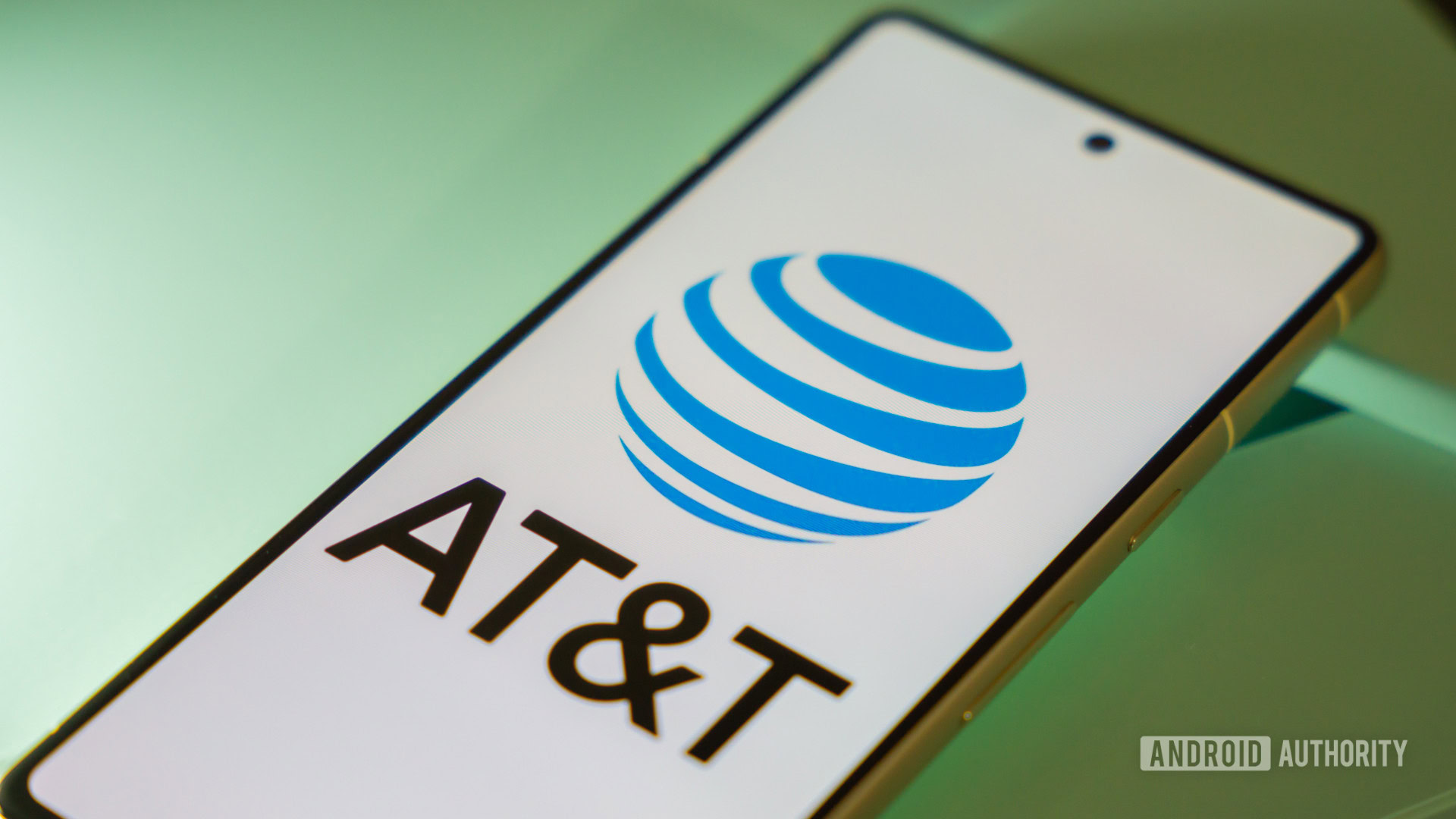Affiliate links on Android Authority may earn us a commission. Learn more.
AT&T tries to defend why it shouldn't let you unlock your phone sooner
Published onOctober 16, 2024

- AT&T executives met with the FCC to explain why they are against the 60-day unlocking rule.
- The carrier argues that imposing the rule would lead to higher prices, increased fraud, and reduced financing options for customers.
- T-Mobile raised similar concerns, but Verizon supports the FCC’s proposal.
AT&T is no stranger to pushing back at federal rules it doesn’t like. The telecommunications company continued that tradition by arguing against the 60-day unlocking rule the Federal Communications Commission (FCC) proposed to help consumers switch to the carrier they want.
For context, some mobile service providers in the US prevent you from switching to a different carrier until you pay off a device and submit a request for it to be unlocked. Others, like T-Mobile, won’t let you unlock your phone until you’ve stayed on their network for a certain number of days, even if the device is paid off. Earlier this year, the FCC proposed standardizing unlocking policies, requiring carriers to unlock customer phones within 60 days of activation. The organization believes this will level the playing field for competition and reward those with the most innovative services.
AT&T executives have now met with FCC officials to lay out the reasons why it opposes the rule. According to the company, if the rule went into effect, it would harm customers:
In the meeting, AT&T reiterated that requiring providers to unlock handsets before they are paid-off would ultimately harm consumers by creating upward pressure on handset prices and disincentives to finance handsets on flexible terms. AT&T offers an array of affordable options for consumers to connect via a device that best suits their needs, including subsidized pricing and no interest financing. Locking a handset purchased under those terms until it is paid-off is not anti-consumer, as it enables providers to make devices more affordable to all consumers, who overwhelmingly elect to purchase their phones in this way.
AT&T also warns that a shorter unlocking period could lead to fraud, trafficking, and price difference exploitation. Last but not least, it argues that the market is already “fiercely competitive” and that the FCC “may be overreaching its authority by imposing such rules.”
It appears the company is sticking closely to the tired playbook of claiming it’s doing customers a solid. For what it’s worth, T-Mobile has also brought up similar complaints. However, Verizon — which already unlocks phones after 60 days as a requirement of its spectrum purchase agreement back in 2007 — supports the new FCC rule.